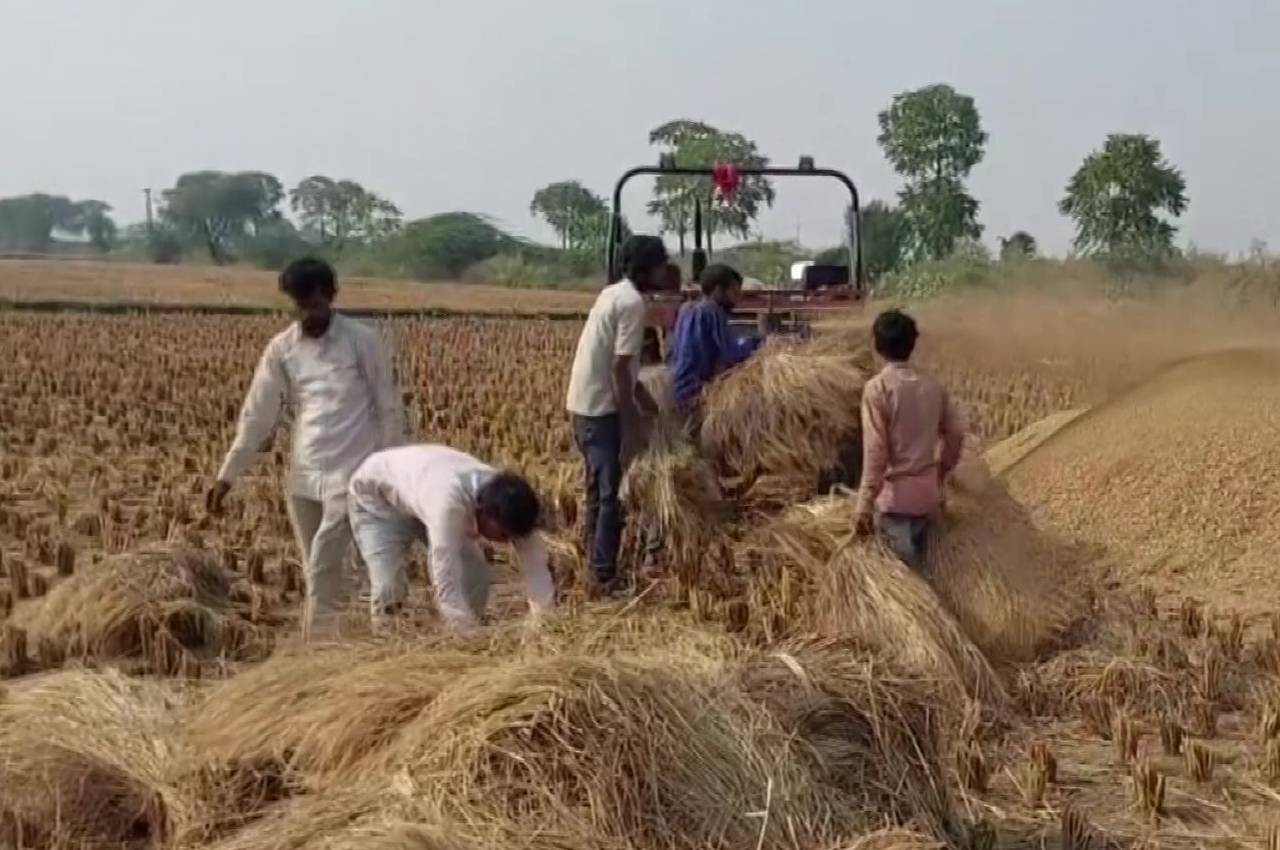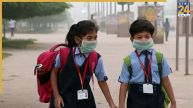New Delhi: Due to the rise in temperature, the grain-filling (which is the final stage of rice growth at which the fertilised ovaries develop into caryopses) has caused the crops to mature early, leading to a reduction in crop yields, especially the wheat crop.
Haryana’s Jind district was affected by the unseasonal rain and scorching heat. Due to this adversity of the temperature, many have lost almost all their wheat produce.
Last year, March was reported to be the hottest year after 1901 which resulted in under par production in India in multiple ways. This year is no different as the rising heat in the first week of March itself has made it difficult for wheat production in the country.
The other crops that have been impacted by this unusual temperature are cotton and paddy. In fact, India’s cotton production fell over 28.9 percent this season (till January 31) as compared to last year.
Read More :-KARNATAKA ASSEMBLY POLLS: RS 4 CR UNACCOUNTED CASH SEIZED FROM VILLA, CAR IN KGF
Crop production
India recorded wheat output of 109.59 million tonnes in FY2020 – 21 which fell short of 106. 84 million tonnes in FY21 – 22 which made the Government of India ban wheat exports last year, which still continues.
Helpless farmers can not do anything much on their own and so they turn to knock on the doors of the Government of India.
Farmers tend to face bad lucks with their yield because of not having proper technological advancement. The majority of farmers use simple mobile phones without internet access, and those who possess digital phones are unaware of apps and websites developed to keep them updated.
Whatever guidelines the IMD and Government of India set out for farmers simply do not percolate to farmers on a large scale and especially small scale farmers. When one evening, the IMD informed the farmers not to irrigate their fields as it might rain that night or the following night, the news could not reach to farmers and they continued to irrigate their fields as usual.
Government officials reported that India this year is estimated to harvest a record 112.8 million tonnes this season.
Rajbir Yadav who is a Principal Scientist at the Indian Agricultural Research Institute has performed a new study on different varieties of wheat such as HD-3385 to fight heat waves.
Read More :-KARNATAKA ASSEMBLY POLLS: RS 4 CR UNACCOUNTED CASH SEIZED FROM VILLA, CAR IN KGF
Government’s Aid of Funds
Earlier the Punjab Government had promised compensation for damaged crops, with farmers to get Rs.15,000 per acre for 76-100 percent of crop damage. But farmers, on the other hand, say that the government’s promising words about the compensation had to be fulfilled by Baisakhi on 14th April and it is still yet to come.
Governments have made quite the promises but the reality hit differently when farmers tend to speak hopelessly about not receiving any help from the authorities.
Read More :- Latest Cities News













